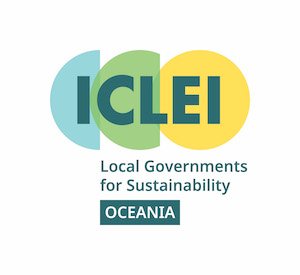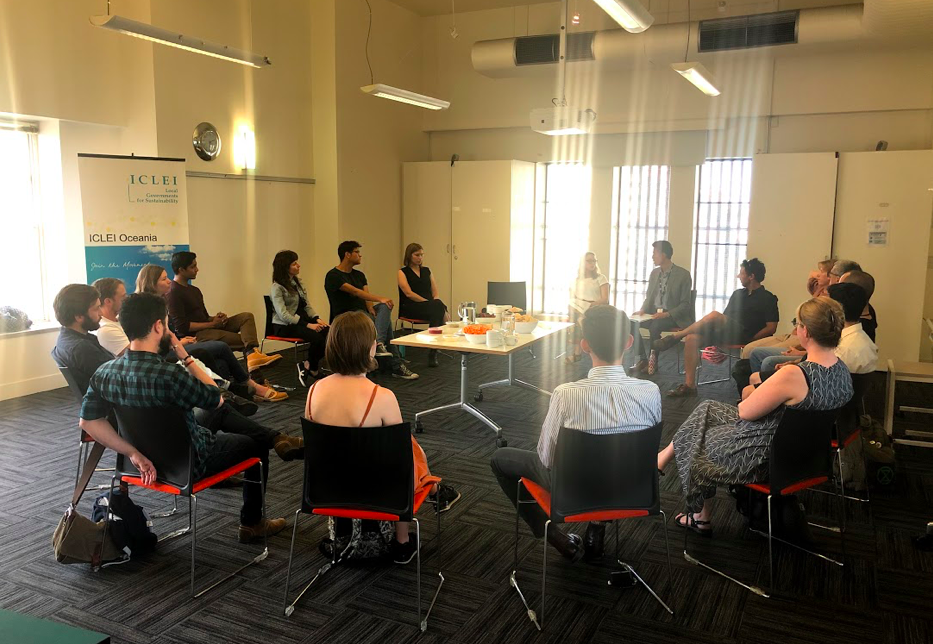"What does climate transition look like?"
During a sweltering heatwave in Naarm/Melbourne over 20 environmental practitioners met to unpack what we mean by climate “transition” (using the Finnish Timeout discussion model).
The term “transition” revealed to be a complex and nuanced concept, especially in terms of equity and fairness.
We discussed three themes, and these are some of the ideas that were elicited:
Food
Plant-based food - a movement driven by necessity?
Lifestyle impacts of food - growing awareness of “food-miles” (environmental footprint of our food consumption)
Global supply chains - transparency is a critical part of transitioning to fairer production
Individual wealth as primary driver of consumption and our ability to live “beyond seasons” (buying food from anywhere, at any time of the year)
Transport
Cycling uptake - cultural and knowledge barriers
Are e-bikes and other e-mobility options inclusive and accessible?
How new e-mobility options can help integrate existing transport modes (e.g. help people access train/tram lines)
Redesigning attitudes about living close to work and redesigning places (such as libraries) to reduce the need for travel
What about rural/regional communities that are more car dependent? Is there an urban bias in the discussion of transport transitions?
Energy
How can we frame an “orderly and planned” energy transition?
How can we look to examples, such as the coal transition in Germany?
In Australia we renters and apartment dwellers have limited agency over how our power is sourced
Decentralising energy production and access
At the end of each topic, the group continued to land at the same conclusion - transition is messy. It deals with the interface between structures and individuals, cultures and norms, environments and desires. Building upon this, the subjectivity of what fair is was also unraveled: fair for whom and by whom. This unleashed more layers of complexity to the messiness of transition.
Key learnings on transition
Transitions do not occur in silos. Cities, regions and people are experiencing transitions together.
Culture, social norms and habits are as much of a driver in transitions as policies.
Transition can be both slow and fast, individual and collective.
You cannot effectively talk about one type of transition without others, for example, food requires energy to be produced and transport to be accessible.
With positive feedback from attendees, we hope to run another Timeout event in 2020. If you have ideas for the next topic or want to be involved please contact Timothy Shue (tim.shue@iclei.org). Thanks to attendees and organisations that were represented.
Friends of the Earth
Bush Kinder
Extinction Rebellion
Sports Environment Alliance
Department of Environment, Land Water and Planning
ICLEI Oceania
Fossil Free RMIT
Beyond Zero Emissions
Ironbark Sustainability
Postgraduate Environment Network
Postgraduate students of environment and planning
Maroondah City Council
Written by Zoe Goodman, Amelie Uhrig and Tim Shue
Photos: Chalitha Weerakkody




